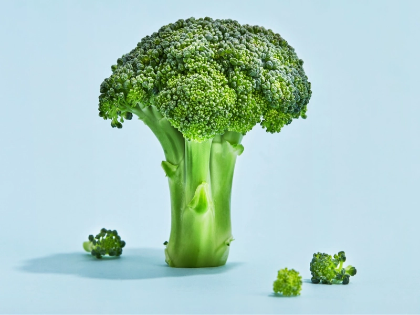Vitamin C for Smokers: Combating Oxidative Stress
Knowing Oxidative Stress
When the body's free radical count is out-of-balance with antioxidants, oxidative stress results. Unstable molecules, free radicals can harm DNA, proteins, and cells, thereby causing different health problems. Because of the poisonous elements in tobacco smoke, smokers especially are prone to oxidative stress. Excess free radicals produced by these compounds can aggravate chronic diseases including cancer, heart disease, and respiratory problems. Smokers trying to better their health must first address oxidative stress.

Function of Vitamin C
Strong antioxidant vitamin C, sometimes referred to as ascorbic acid, is absolutely essential in shielding the organism from oxidative damage. It helps neutralize free radicals, therefore lowering their possible damaging capacity. Apart from its antioxidant qualities, vitamin C is crucial for immune system operation, collagen formation, and iron absorption from diets derived from plants. Enough vitamin C can especially help smokers fight the oxidative damage brought on by their habit.
Three Sources of Vitamin C
One can find vitamin C in several fruits and vegetables. Well-known sources are citrus fruits like oranges, lemons, and grapefruits; other possibilities are strawberries, kiwi, bell peppers, broccoli, and spinach. Including a variety of these foods into the diet will enable smokers to satisfy their vitamin C requirements. Vitamin C pills are also readily accessible and a good substitute for individuals who struggle to eat enough fruits and vegetables.

Recommended Daily Intake
Age, gender, and lifestyle choices all affect the advised dietary allowance (RDA) for vitamin C. Because of the extra oxidative stress adult smokers undergo, the RDA is higher than that of non-smoking persons. Although the standard RDA for women is 75 mg and for males is 90 mg, smokers should add a further 35 mg to these figures. Adult men who smoke should thus aim for 125 mg daily; female smokers should target 110 mg daily.
Immunological Function and Vitamin C
Smoking can compromise the immune system, increasing a person's susceptibility to diseases and infections. By improving the generation and operation of white blood cells, vitamin C is absolutely essential for sustaining immune function. Fighting infections and diseases calls on these cells. Ensuring sufficient vitamin C intake helps smokers strengthen their immune systems, therefore lowering their risk of respiratory problems and other health issues connected with smoking.

How Smoking Affects Vitamin C Levels
Studies show that smokers usually have less vitamin C in their systems than non-smoking people. The main causes of this deficit are faster metabolic turnover of vitamin C in smokers and more oxidative stress. Besides, smoking might reduce the dietary absorption of vitamin C. Smoking users should thus give their vitamin C intake first priority in order to offset these effects and preserve best health.
Combining Another Nutrient with Vitamin C
Although vitamin C is crucial for fighting oxidative stress, it performs best in concert with other antioxidants and minerals. The body's general antioxidant capacity can be raised by vitamins E and A, selenium, and flavonoids from fruits and vegetables. A diet high in a range of vibrant fruits and vegetables can have a combined effect to give complete defense against oxidative damage. To maintain their health, smokers should try for a balanced diet including these minerals.

Modifying Behavior for Smokers
Apart from raising vitamin C consumption, smokers can gain from implementing other good lifestyle choices. Reducing oxidative stress and enhancing general health most effectively comes from quitting smoking. Moreover, helping the body fight oxidative stress include consistent physical activity, stress management, and enough sleep. Together with a diet high in nutrients, these lifestyle modifications can greatly improve the health and well-being of smokers.
Overview of the Advantages of Vitamin C for Smokers
Particularly for smokers who run more risk for linked health problems, vitamin C is a potent antioxidant that helps much against oxidative stress. Enough vitamin C is crucial for smokers since it neutralizes free radicals, supports immunological function, and advances general health. Including foods high in vitamin C in the diet and thinking about supplements will help reduce the negative consequences of smoking. In the end, giving vitamin C top priority combined with choosing a healthy lifestyle will help smokers support their path toward higher well-being and result in better health.









